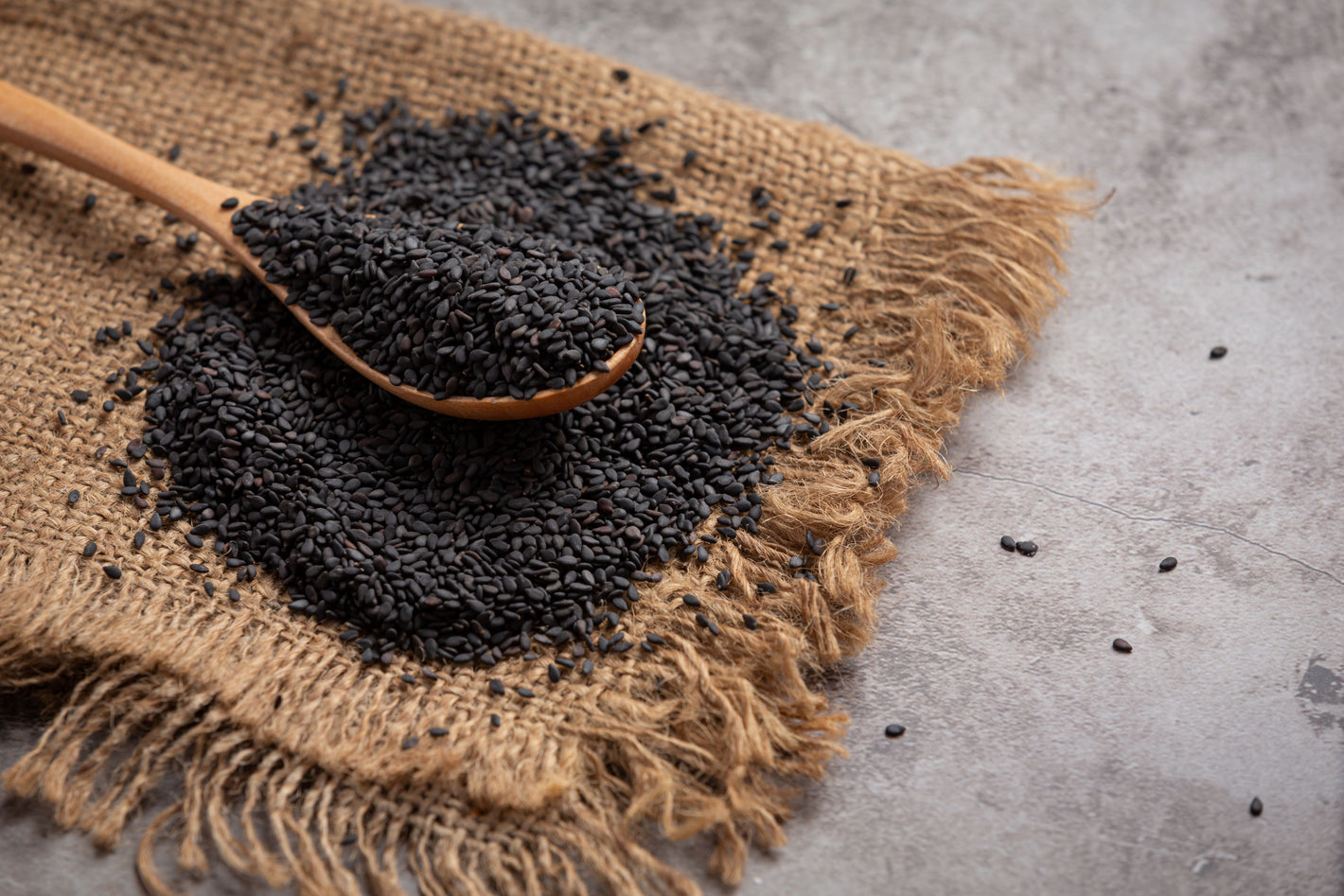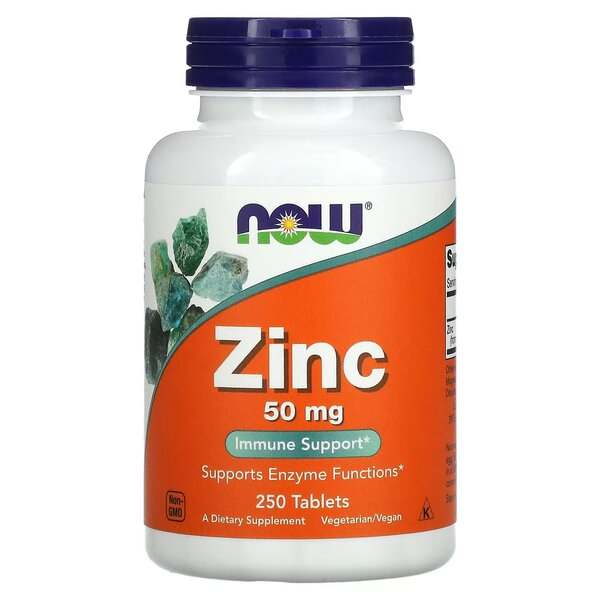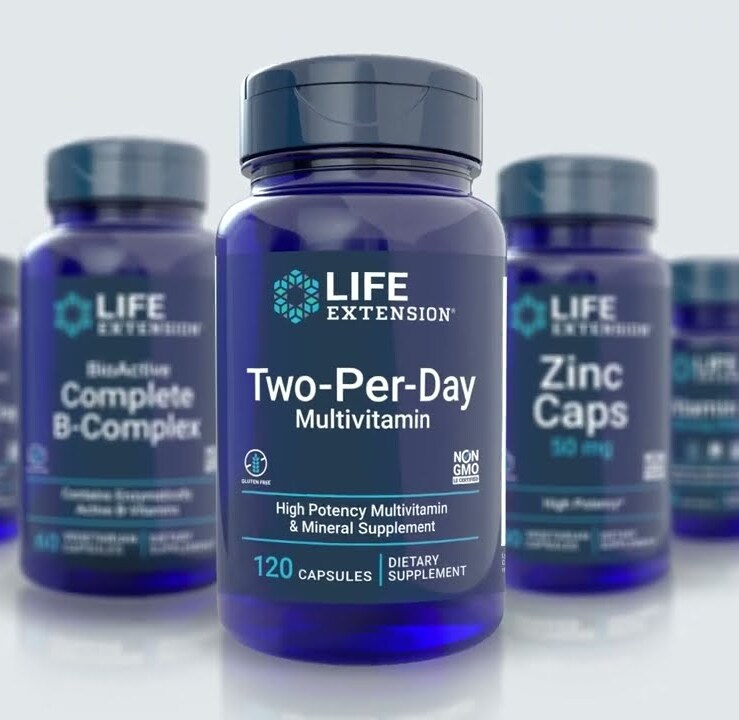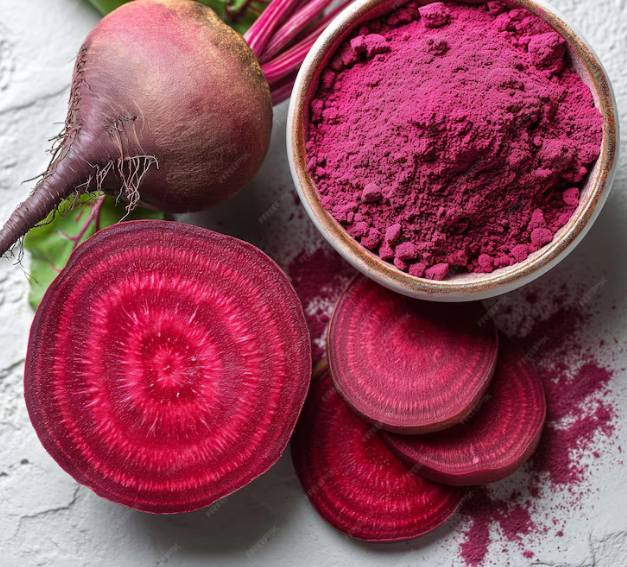Kalonji: Benefits, Risks and How to Use

Related products
Nigella sativa, also known as Kalonji, is a seed derived from a plant in Ranunculaceae family. It is also known as black cumin or black seed. Kalonji is popularly and traditionally consumed for culinary and medicinal purposes. It is used to add flavour to bread and pickles. Its medicinal properties are known to treat various medical conditions, including allergies.

In the article below, we will discuss risks and benefits of Kalonji backed by scientific research and studies to provide clear insights on these seeds.
What are the Health Benefits of Kalonji?
Kalonji is a natural derivative from flowering plants of Ranunculaceae family that has a wide range of health benefits. Enlisted below are the health benefits of cumin seeds or Kalonji.
-
Anti-inflammatory Properties
Inflammatory process in the body often set in after an infection, autoimmune diseases or conditions that lead to increased oxidative stress in the targeted zone. These inflammatory cascade cause release of proinflammatory cytokines and histamines that damages both infective particles and the involved region. Chronic inflammatory processes thus cause the greatest damage as the affected region turn into a war zone time and again.
The natural extracts obtained from Kalonji contain anti-inflammatory properties that manages and cools off the inflammatory reactions in chronic conditions and biological systems.

-
Protection from Oxidative Damage
Thymoquinone is a compound that has powerful antioxidant properties. This compound is an active ingredient found in Kalonji seeds. Antioxidants prevent cells from the damages of free radicals released as byproducts of several metabolic reactions. It reduces the oxidative stress on organs and fights early exhaustion of the cells. An article published in the British Journal of Pharmaceutical Research proved that the Kalonji is more than capable of combatting oxidative stress with substantial quantities of thymoquinone in it.
-
Diabetes Control
Managing and actively controlling diabetes is an ordeal. The purpose of managing diabetes is to prevent shooting levels of blood sugar that leads to severe complications such as blindness, loss of pain and touch sensations and renal dysfunction.
British Journal of Nutrition published an article that studied and explained the role of Kalonji in management of diabetes. In this study, a group of diabetics were given kalonji for a set period while the other group was provided with placebo to study the effects of Kalonji in the former. Interestingly, the results of this study demonstrated reduced levels of fasting blood sugar in the diabetic patients that consumed Kalonji regularly as compared to the other group that did not. Moreover, Kalonji was found to lower the insulin resistance as well which is one of the main goals in medical management of diabetes mellitus type II.
-
Anticancer Properties
The active participle in Kalonji called thymoquinone is not only a powerful antioxidant but also a proven anticancer agent. It fights the origin of cancer cells by ensuring smooth cell division and replication of the DNA in this process.
Most cancer cells begin to grow aggressively as the regulatory proteins undergo mutation. Thymoquinone found in Kalonji potentiates the regulatory proteins and prevent their mutation. A research article published in Cancer and Treatment explained how thymoquinone played inhibitory role in the multiplicity of a type of blood cancer (leukaemia). More research is required in this field to incorporate Kalonji and its extracts in the treatment plan of patients battling with cancer.
-
Cardiovascular Wellness
The extracts of Kalonji are useful for cardiovascular wellness and improvement as it controls both blood pressure and high cholesterol. A review published in European Journal of Clinical Nutrition emphasized the role of Kalonji in lowering peripheral resistance of organs to the blood, thereby reducing both diastolic and systolic blood pressures. The outcome of this study favours the implementation of this natural remedy in treatment plan of patients with hypertension. Inclusion of kalonji in diet must lower the risk of high blood pressure in individuals that are apparently normal as well.
What are the Risks of Kalonji?
The numerous health benefits of Kalonji and its extracts must not blur the risks and side effects associated with this seed. Enlisted below are the risks associated with Kalonji seeds.
-
Sensitivity and Allergy
Individuals allergic to a substance may also exhibit sensitivity or allergy to other related substances, be it mild or moderate. Similarly, cases of allergic reactions have been reported after consumption of Kalonji seeds in individuals already prone to allergies.

The allergic reaction to Kalonji seeds is often in the form of rash or allergic dermatitis that goes away with antiallergic medications and avoidance of Kalonji seeds. It is important to take Kalonji for health benefits but start from lower doses to prevent adverse outcomes.
-
Blood Coagulation
Kalonji has blood clotting properties that must be considered before consumption in individuals with bleeding disorders. It is crucial to consult healthcare expert before taking Kalonji if an individual is currently on blood thinning medications or has a prosthetic heart valve.
-
Gut Discomfort
Consumption of kalonji supplements in a higher than recommended dosage has consequences mainly around the gastrointestinal health. It has the potential to cause abdominal pain, bloating, constipation, and nauseous feeling in cases of excessive consumption.
-
Research Limitations
The use of Kalonji seeds is limited in certain groups of people such as pregnant and lactating females. Due to this limitation, it is advised to abstain from intake of kalonji seeds unless advised by the healthcare expert to avoid unwanted health outcomes.
-
Drug Interactions
Kalonji has potent compounds that are capable of interacting with drugs used for the treatment of diabetes or blood pressure. It is crucial to understand its health benefits to risk ratio and consult a healthcare expert for a guided approach towards the regular intake of Kalonji seeds.
How to use Kalonji?
Kalonji is often incorporated into diet for enhanced flavour and texture. Enlisted below are some of the ways in which kalonji is used.
-
Culinary use:
Kalonji seeds are sprinkled on the bread dough before putting it to heat in the microwave oven. It adds flavour and a touch of sophistication to the prepared bread. Moreover, it is also added to curries to explode flavours and increase the nutritional value of the dish.

-
Medicinal use:
A spoonful of kalonji oil alone or in combination with honey has multiple health benefits, including cardiovascular wellness and diabetes control. Kalonji is also available in the form of supplements that are small capsules of thymoquinone – an active participle of Kalonji. Kalonji supplements are preferred for individuals who do not prefer taking it in the form of seeds or unable to find the seeds in their local market. Looking for Kalonji supplements? Visit Welzo for its wide range of kalonji/cumin seed supplements in affordable prices.
-
Topical use:
Kalonji oil has powerful anti-inflammatory properties that are able to cool off inflammatory process due to allergic reactions on the skin as well, including eczema. It is also massaged on to the scalp and hair roots for strengthened hair growth and reduced dandruff.
People Also Ask
Can regular intake of Kalonji seeds help with weight loss?
Yes, some researchers advocate the role of kalonji in weight loss after regular consumption due to its role in regulating metabolism and managing appetite. However, the research and scientific evidence is limited thus it must not be consumed solely to achieve weight loss goals without considering overall health status, lifestyle factors and potential risks associated with kalonji seeds. Consult a healthcare professional for a tailored and customized meal plan to achieve weight loss goals in a healthy fashion.
Is Kalonji safe for use in all age groups?
Yes, Kalonji seeds are safe for all age groups. However, its use is not encouraged in pregnant and lactating females due to lack of research in this group. Moreover, Kalonji has blood clotting properties thus it must not be taken by patients on blood thinning medications or those who went through surgery for prosthetic heart valves. It is important to consult healthcare expert before incorporating kalonji into diet as cases of allergic reactions due to kalonji have also been reported.
What is the recommended daily intake limit for Kalonji seeds?
The recommended daily intake limit for Kalonji depends on its form. Kalonji seeds are taken about half to one teaspoon. Whereas Kalonji oil is safely consumed up till three teaspoons. It is important to consult health professionals before starting any kind of supplements to prevent possible adverse health outcomes.
Conclusion
Kalonji, or Nigella sativa, is a natural health supplement obtained from the flowering plants of Ranunculaceae family. It is traditionally used for culinary and medicinal purposes. With its potent antioxidant properties, it sure is a suitable choice for relieving oxidative stress due to various metabolic reactions in the body. It has anti-inflammatory properties that are beneficial for chronic inflammatory conditions such as autoimmune disorders, preventing the gradual eating away of target organs. The health benefits of kalonji are numerous but understanding the risks associated with its regular intake is also an important aspect to study. Allergic reactions, gastrointestinal discomfort and blood clotting properties are the known risks associated with intake of Kalonji.
It is important to consult a healthcare professional before getting started on any sort of supplement, be it natural or synthetic. Kalonji seeds also lack research and strong scientific evidence thus it is not recommended for consumption in females that are pregnant or lactating and individuals prone to allergies before consultation with a healthcare professional.





















 Rated Excellent by 26,523+ Reviews
Rated Excellent by 26,523+ Reviews